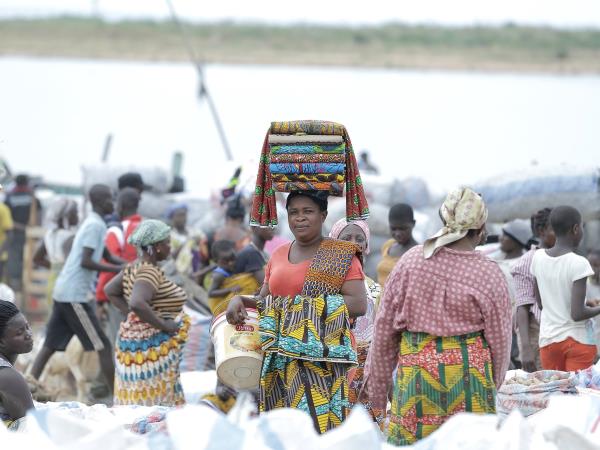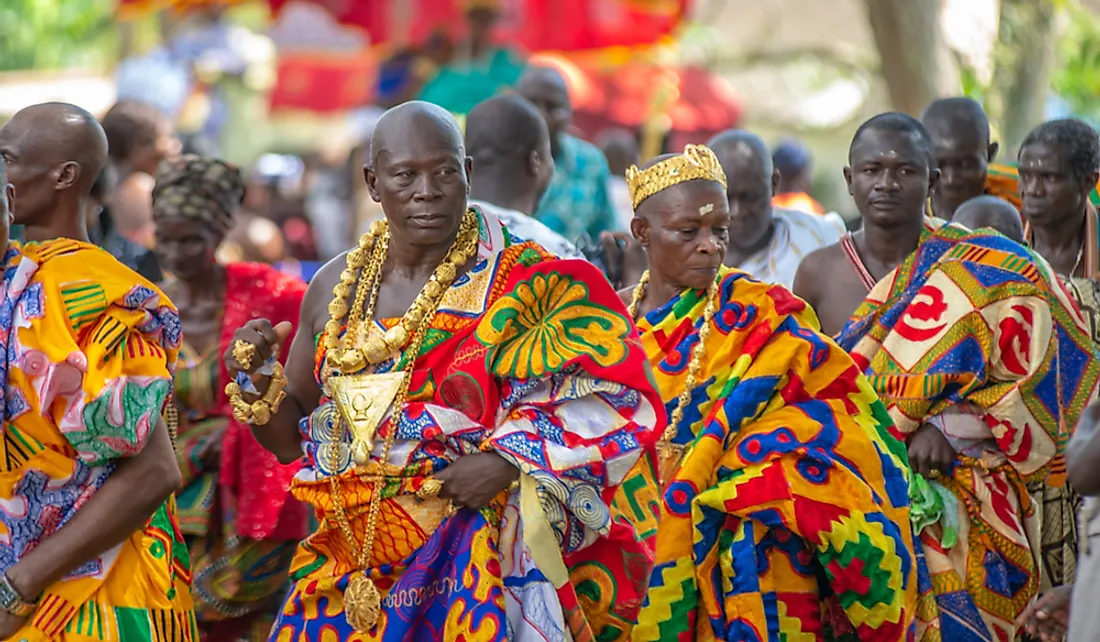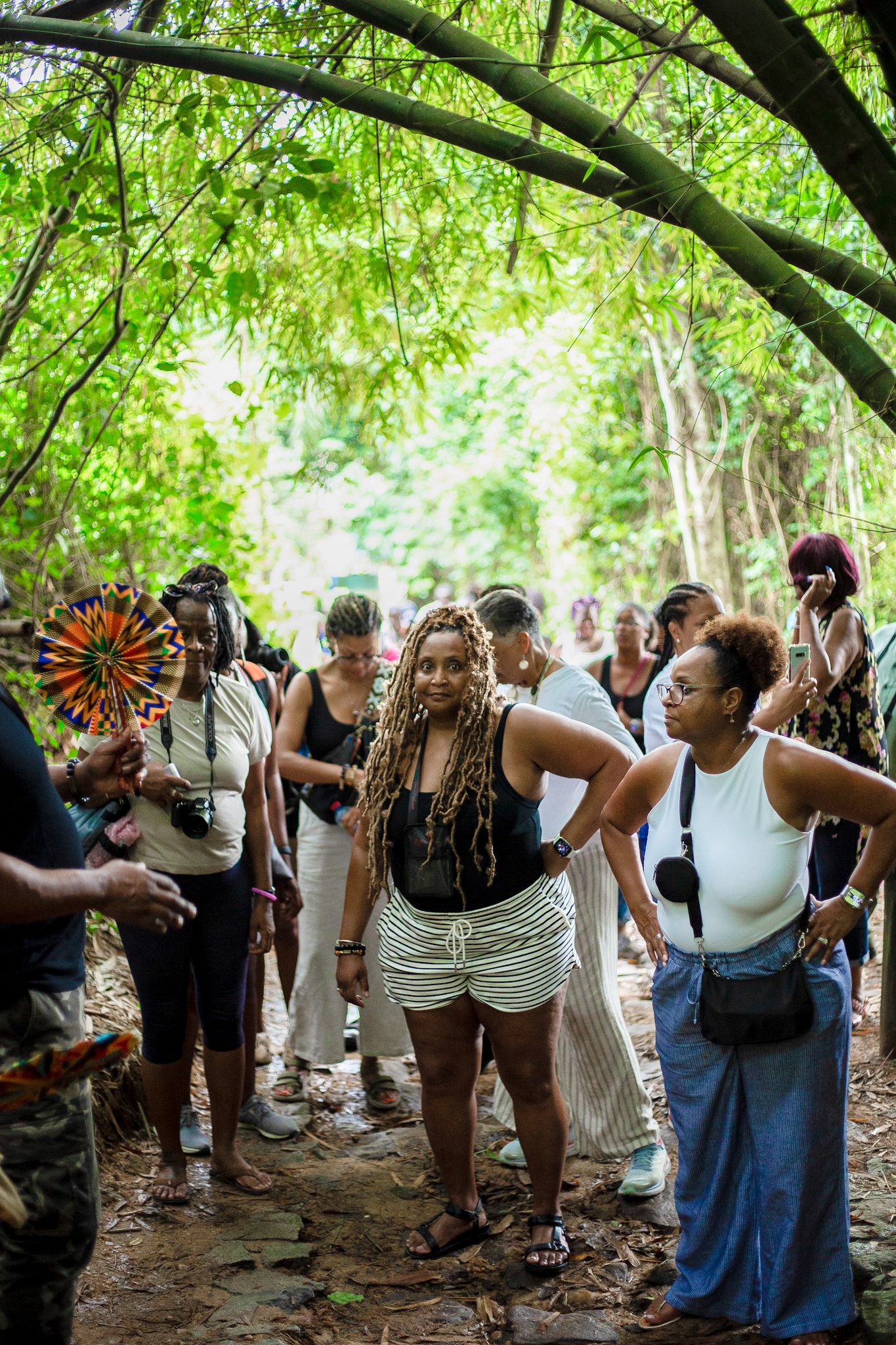Ghana In 2025: A Journey Through Culture, History, And Progress
Ghana in 2025: A Journey Through Culture, History, and Progress
Related Articles: Ghana in 2025: A Journey Through Culture, History, and Progress
Introduction
With enthusiasm, let’s navigate through the intriguing topic related to Ghana in 2025: A Journey Through Culture, History, and Progress. Let’s weave interesting information and offer fresh perspectives to the readers.
Table of Content
Ghana in 2025: A Journey Through Culture, History, and Progress

Ghana, the "Land of Gold," beckons travelers with its vibrant culture, rich history, and breathtaking natural beauty. In 2025, this West African nation promises a captivating experience for those seeking an authentic adventure.
A Tapestry of Cultures:
Ghana’s diverse cultural landscape is a testament to its history. From the bustling streets of Accra, the capital, to the serene villages nestled in the Ashanti region, the country offers a kaleidoscope of traditions. Visitors can immerse themselves in the vibrant Ashanti culture, renowned for its intricate gold ornaments, traditional dances, and the iconic Kente cloth. The Northern Volta region, home to the Dagomba and Frafra peoples, boasts unique customs and stunning rock formations.
Historical Treasures:
Ghana’s historical significance cannot be overstated. The country played a pivotal role in the transatlantic slave trade, and its legacy is reflected in numerous historical sites. The Cape Coast and Elmina castles, once notorious slave trading posts, now stand as somber reminders of the past. The Kwame Nkrumah Mausoleum, dedicated to Ghana’s first president, is a testament to the country’s struggle for independence. These sites offer a profound reflection on the past and its enduring impact on the present.
Natural Wonders:
Ghana’s natural beauty is equally captivating. The Kakum National Park, a rainforest teeming with diverse flora and fauna, offers a glimpse into the country’s rich biodiversity. The Mole National Park, home to a wide array of wildlife, including elephants, lions, and leopards, is a haven for nature enthusiasts. The breathtaking waterfalls of the Boti Falls and the serene shores of Lake Bosumtwi, a sacred lake, provide opportunities for relaxation and rejuvenation.
Beyond the Tourist Trail:
While Ghana offers a plethora of established tourist attractions, venturing beyond the beaten path reveals hidden gems. The Aburi Botanical Gardens, with its serene ambiance and diverse plant species, provide a tranquil escape. The Wli Waterfalls, the highest waterfall in West Africa, offer a thrilling adventure. The vibrant markets of Kumasi, known for their lively atmosphere and unique crafts, provide a glimpse into the daily life of Ghanaians.
A Focus on Sustainable Tourism:
Ghana is actively promoting sustainable tourism practices. The country emphasizes responsible travel, respecting local customs and traditions, and minimizing environmental impact. Eco-tourism initiatives are gaining momentum, offering visitors the opportunity to experience the beauty of Ghana while contributing to its conservation.
Engaging with the Local Community:
One of the most rewarding aspects of traveling to Ghana is the opportunity to interact with the local community. The warmth and hospitality of Ghanaians are legendary. Engaging in conversations with locals, learning about their culture, and experiencing their daily life fosters a deeper understanding of the country and its people.
A Gateway to West Africa:
Ghana serves as a convenient gateway to other West African destinations. From Accra, travelers can easily access neighboring countries like Togo, Benin, and Côte d’Ivoire. This accessibility allows for a wider exploration of the region’s diverse cultures and landscapes.
FAQs about Ghana in 2025:
Q: Is Ghana safe for travelers?
A: Ghana is generally a safe country for travelers. However, it is essential to exercise common sense precautions, as petty crime can occur in crowded areas.
Q: What are the best times to visit Ghana?
A: The best time to visit Ghana is during the dry season, from November to April, when the weather is pleasant and rainfall is minimal.
Q: What are the visa requirements for entering Ghana?
A: Visa requirements vary depending on the traveler’s nationality. Many nationalities can obtain visas on arrival, while others need to apply for a visa in advance. It is advisable to check the latest visa requirements with the Ghanaian embassy or consulate in your country of origin.
Q: What is the currency used in Ghana?
A: The official currency of Ghana is the Ghanaian cedi (GHS). US dollars are widely accepted, but it is advisable to exchange currency at authorized exchange bureaus.
Q: What are the transportation options in Ghana?
A: Ghana has a well-developed transportation system. Travelers can choose from buses, taxis, and trotros (shared taxis). Domestic flights are available between major cities.
Q: What are the recommended vaccinations for Ghana?
A: It is recommended to consult with a healthcare professional regarding the necessary vaccinations for Ghana. The recommended vaccinations may vary depending on the traveler’s health status and itinerary.
Q: What are the local customs and etiquette in Ghana?
A: Ghana has a rich culture with specific customs and etiquette. It is essential to respect local traditions, such as greeting elders with respect and dressing modestly when visiting religious sites.
Tips for a Memorable Trip to Ghana in 2025:
- Plan your itinerary in advance: Research potential destinations and activities to ensure a well-organized trip.
- Book accommodation in advance: Especially during peak season, securing accommodation ahead of time is recommended.
- Learn a few basic phrases in Twi or other local languages: This gesture of goodwill will be appreciated by the locals.
- Bargain at markets: Haggling is common practice in Ghana, so don’t be afraid to negotiate prices.
- Respect local customs: Dress modestly, avoid public displays of affection, and be mindful of religious sensitivities.
- Support local businesses: Purchase souvenirs and crafts from local vendors to contribute to the community.
- Stay hydrated: Drink plenty of bottled water to avoid dehydration, especially during the dry season.
- Be aware of your surroundings: Exercise caution in unfamiliar areas and avoid walking alone at night.
- Carry a small amount of local currency: This will be helpful for small purchases and tipping.
- Consider travel insurance: This will provide financial protection in case of unexpected events.
Conclusion:
Ghana in 2025 promises an enriching and unforgettable travel experience. From its vibrant culture and historical significance to its natural beauty and welcoming people, the country offers something for everyone. By embracing the local culture, respecting its traditions, and engaging with the community, travelers can create lasting memories and contribute to the sustainable development of Ghana. A journey to Ghana is not just a vacation; it is an opportunity to connect with a rich heritage, experience the warmth of a welcoming people, and appreciate the beauty of a vibrant nation.








Closure
Thus, we hope this article has provided valuable insights into Ghana in 2025: A Journey Through Culture, History, and Progress. We hope you find this article informative and beneficial. See you in our next article!
You may also like
Recent Posts
- Exploring The World In February 2025: A Guide To Travel Destinations
- Navigating The Summer School Holidays In The UK: A Comprehensive Guide For 2025
- Navigating Singapore’s Public Holidays In 2025: A Comprehensive Guide
- A Comprehensive Guide To Skiing Holidays In January 2025
- Embracing The Winter Wonderland: A Comprehensive Guide To Ski Holidays In January 2025
- Tenerife In April 2025: A Springtime Escape To The Canary Islands
- The Future Of Travel: A Look At Holiday Trends For 2025
- Unveiling The World Of Travel: An Exploration Of Thomas Cook’s 2025 Brochure
Leave a Reply